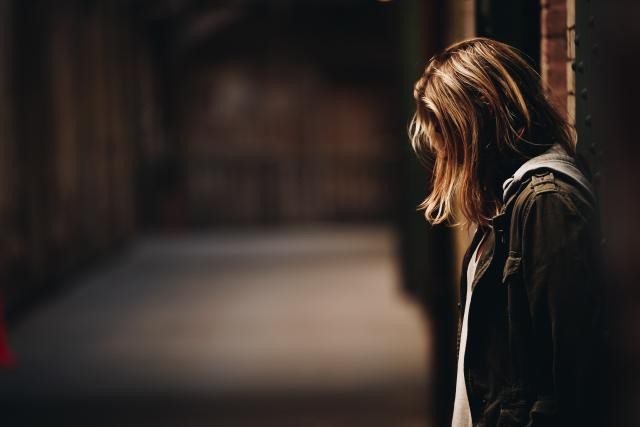By Tara Cosoleto, Aap
Homelessness rates have fallen in Melbourne’s inner suburbs but tight rental markets are driving up the numbers in the west.
The Council to Homeless Persons has released an electoral breakdown of Victorians sleeping rough or living in unstable accommodation between 2016 and 2021.
It found there was a 465 per cent increase in homelessness in the South Barwon electorate near Geelong.
The Melton electorate recorded a 134 per cent rise, and Eureka, which takes in a large part of Moorabool Shire, recorded a 113 per cent rise.
Fewer people were sleeping rough, instead moving into unstable boarding houses, temporary accommodation or severely crowded dwellings.
“It’s not long-term sustainable or safe accommodation,” Council to Homeless Persons chief executive Deborah Di Natale said.
The rising homelessness numbers came partly from better data collection practices, especially around boarding houses, Ms Di Natale said.
But a lack of rentals was contributing to the spike in the western region.
“Anything less than two per cent vacancy rates in rental properties is considered a really tight rental market,” Ms Di Natale said.
“In those areas, it’s one per cent so you could say the rental market is almost non-existent.”
Minimal service providers in those areas also did not help, said peer support worker Joal, who also experienced homelessness.
“The nearest service for Melton is Sunshine, which is half an hour away, and Brimbank covers 25 suburbs,” she said.
But the abundance of support around the city was part of the reason why homelessness rates were declining in the metropolitan area.
The Melbourne electorate had a 29 per cent drop between 2016 and 2021, while Richmond in the inner east fell 30 per cent.
Ms Di Natale cited the state government’s homelessness to a home program, saying it had been incredible in providing people with stable accommodation.
She wants to see that program expanded.
“At this point with the funding, we can’t see how that growth will happen but we’ll continue to lobby for it because we know it works,” she said.
The council is also calling on governments to increase housing stock, provide more rental assistance and invest in evidence-informed support models.
“What we need is a long-term plan,” Ms Di Natale said.
“In order to meet demand, we need 6000 more homes built every year over the next 10 years.”







